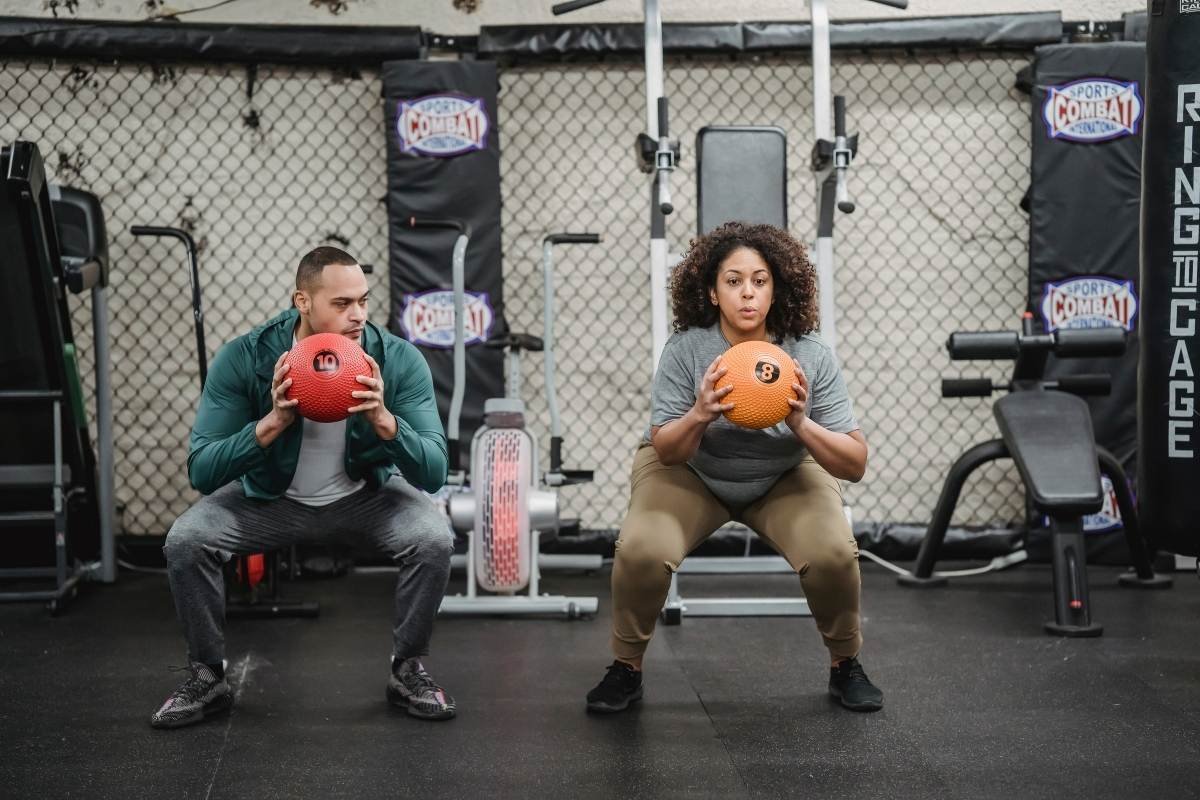Blog
Satisfaction with quality of life post-concussion may reduce the risk of lower extremity musculoskeletal injuries; more studies needed
A recent study in the Journal of Athletic Training explored the role of mental health in predicting lower extremity musculoskeletal injuries (LE MSK) after sports-related concussions in NCAA student-athletes. Previous research has found that the rate of LE MSK is elevated post-concussion, although the cause of this increased rate is unknown. In addition, poorer mental health is common post-concussion.
Continuing debate about helmets in girls’ lacrosse
The use of helmets in women’s lacrosse continues to be a topic of significant debate, as helmets are not mandatory in women’s lacrosse but are required in men’s lacrosse. A 2015 study found that women’s lacrosse had the second-highest rate of concussions among a variety of high school and college sports.
Duration of continued athletic participation after sport-related concussion impacts recovery outcomes
A study evaluated the duration of continued participation after a suspected sport-related concussion (SRC) and its impact on recovery outcomes in collegiate athletes. The researchers found that continued participation (within a range of 0-90 minutes) after SRC was associated with worse outcomes.
Concussion education in schools is inconsistent, overly athlete-focused
A study found significant gaps in school-based concussion education in a scoping review, "including a lack of clear guidelines for concussion education content, questionable sustainability of the education delivery and the need for long-term evaluation of outcomes.”
Post-concussion return to play injuries reduced for athletes who received neuromuscular training, Colorado study finds
According to a preliminary research study published in the American Journal of Sports Medicine, an 8-week neuromuscular training (NMT) intervention on sports-related injuries of young athletes may lead to a 3.5 times lower risk of injury when they return to play post-concussion.
Preliminary study suggests certain activities lead to more head impacts in youth soccer seasons
A preliminary study suggests that younger soccer players encounter more total head impacts during “repetitive technical training activities,” while scrimmages and games resulted in fewer head impacts of “greater magnitude.”






